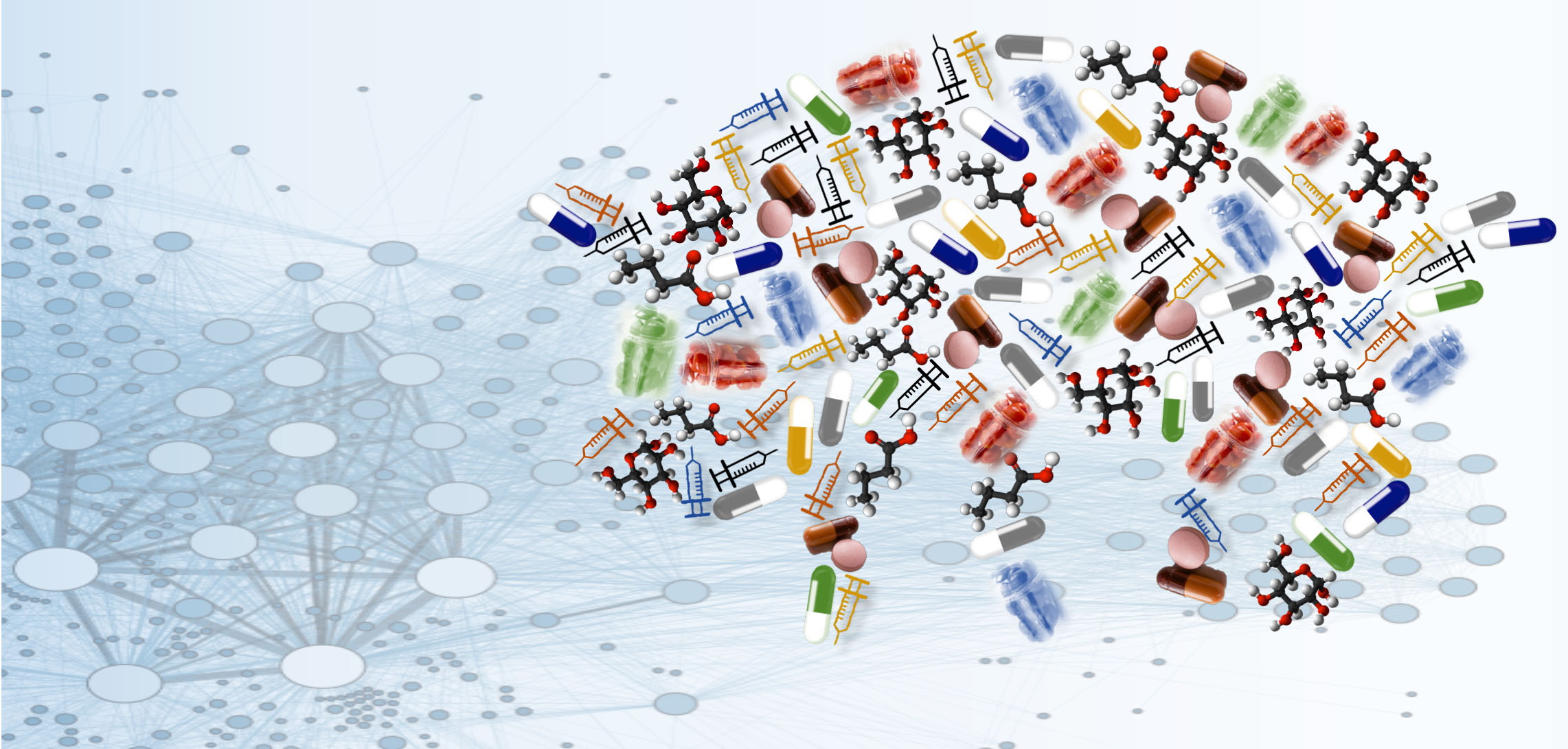Pigs models: New insights to the lesser-known yet highly translational model

The human immune system is an extremely complex, autonomous, distributed and highly regulated massively and dynamically interacting network system that protects the host against infectious and autoimmune diseases. Animal models provide sophisticated, in vivo systems that are predictive of disease progression and response to treatment. Animal experimentation is critical to understand the normal function of the immune system as well as to investigate mechanisms and factors involved in its dysregulation involved in the pathogenesis of infectious and autoimmune diseases; from elucidating novel molecular mechanisms of the immune response, to exploring host-microbiome interactions plus assessing both toxicity and efficacy of new therapeutics and vaccines.
The remarkable anatomical, and physiological similarities reported between pigs and humans enhances the translational value of pig models. Moreover, the observed high homology within human’s and pig’s mucosal immune system and gastrointestinal tract structure, make pigs optimal models to investigate the complexity of the mucosal immune response the gut during infectious and immune-mediated diseases
The Nutritional Immunology and Molecular Medicine Laboratory (NIMML), at the Biocomplexity Institute of Virginia Tech, has more than 20 years of expertise developing pig models of infectious and autoimmune diseases targeting both the gastrointestinal tract and the respiratory system. NIMML researchers developed for first time pig models of inflammatory bowel disease (IBD) and Helicobacter pylori infection. The H. pylori pig model allowed a deeper, systemic understanding of this bacterial infection and became a suitable system to test the efficacy of novel therapeutic strategies. Two distinctive approaches were also utilized by the NIMML team to develop a pig model of IBD. A bacterial-induced as well as a chemical-induced model of IBD. Due to its enhanced translational potential, both developed pig models of IBD are ideal to test the efficacy of new therapeutics for treatment of ulcerative colitis (UC) and Crohn’s disease (CD).
Recently, NIMML was awarded with a $40 million IDIQ contract from the National Institutes of Health/National Institute of Allergy and Infectious Diseases (NIH/NIAID). The awarded contract, entitled Alternative Preclinical Models of Enteric Pathogens (APMEP) aims to develop non-traditional models of infection, including computational models and gnotobiotic pig models, to assess both safety and efficacy of novel therapeutic agents and vaccines. Moreover, APMEP provides the opportunity to initiate new collaborations between NIMML and several biotech and biopharma companies, plus continue to accelerate the path to cures.
Related Press Releases:
NIMML awarded an IDIQ contract from NIAID
Accelerating the Path to Cures
About NIMML
The NIMML Institute is a 501 (c) (3) non-profit public charity foundation focused on a transdisciplinary, team-science approach to precision medicine at the interface of immunology, inflammation, and metabolism. The NIMML Institute team has led numerous large-scale transdisciplinary projects and is dedicated to solving important societal problems by combining the expertise of immunologists, computational biologists, toxicologists, modelers, translational researchers, and molecular biologists. The Institute is headquartered in Blacksburg, VA. For more information, please visit www.nimml.org or contact pio@nimml.org.
